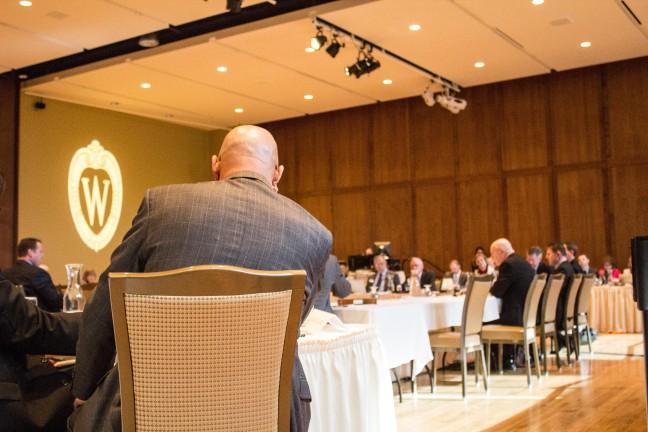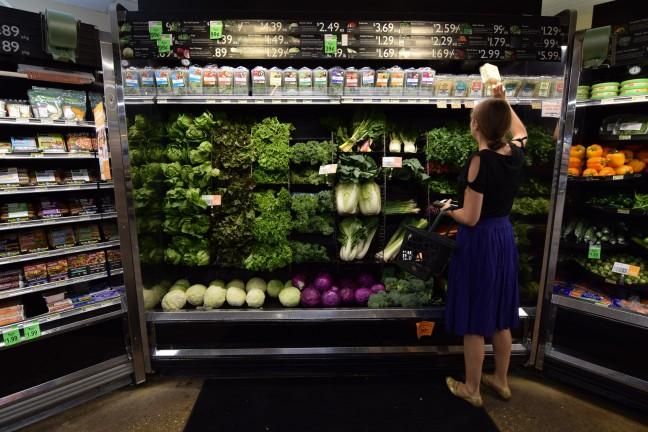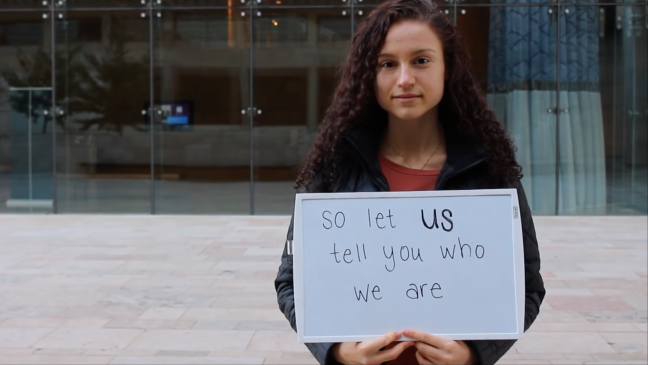Whether we like it or not, popular culture dominates our lives. Pop culture is always around us – when we listen to music between classes or when we turn on the television after a rough week. Oftentimes people dismiss pop culture as a forum for discussion about serious issues. However, pop culture is an important place to start and continue conversations about issues such as domestic and dating violence.
Rachel Griffin, an assistant professor in the department of communication studies at Southern Illinois University at Carbondale, points out the need for a critical consciousness when looking at pop culture’s messages about issues such as domestic and dating violence. We must be able to analyze and deconstruct pop culture’s messages and discuss the ways in which we must fight to change these messages.
It may seem that there is no way for us to change these messages, given how saturated our American society is with pop culture. It may also seem impossible to spark any change, as pop culture celebrities have the power to speak to millions. Their power may seem overwhelming – however, there are ways to be an advocate for change.
In Eminem and Rihanna’s song “Love the Way You Lie,” the lyrics “Just gonna stand there and watch me burn / Well that’s alright because I love the way it hurts / Just gonna stand there and hear me cry / Well that’s alright because I love the way you lie” promote a hurtful message. The message in these lyrics seems to imply that domestic and dating violence victims are unaffected by abuse, and maybe get off by it. The video furthers the message with scenes both violent and sexual.
If we understand that pop culture produces songs like “Love the Way You Lie” with content that normalizes domestic and dating violence, we must think critically and deconstruct these messages. We also must teach others how to interact with pop culture in a way that promotes a change in the way domestic and dating violence is represented.
This is not to say domestic and dating violence shouldn’t be discussed in pop culture. The discussion of domestic and dating violence should take place on a larger stage, but this discussion must be healthy and productive.
“Love the Way You Lie” may be a catchy hit song, but the way it normalizes domestic and dating violence is harmful. Domestic and dating violence is a real issue affecting real people. When songs and pop culture in general excuse or make light of domestic and dating violence, society is desensitized to the trauma victims of abuse live with every day.
However, not all pop culture messages are bad – here there is a paradox. Television shows, movies, artists and you name it most likely all deliver mixed messages. One song normalizes male violence against women and then a different song advocates for a change in the way society blames victims. We need to remember that for every song with a positive message, there is a song normalizing male violence against women.
The messages pop culture sends to audiences do matter. It doesn’t matter whether or not a celebrity wants to be an advocate or what media – whether it is a song or a movie – domestic and dating violence is presented through. The fact is that these acts occur beyond pop culture’s messages, and as long as pop culture handles domestic and dating violence carelessly, so will society.
We need to develop a critical consciousness. Critically thinking about the messages we see and deconstructing those messages are key ways in which we can be effective. Starting a discussion about how these messages are harmful will help. Discuss the new fall television line up or the most talked about YouTube video with friends, family, community members and classmates. We are capable of sparking change. When we begin to point out ways in which pop culture normalizes domestic and dating violence, we are making progress in changing how pop culture depicts this issue.
Maggie DeGroot is a PAVE Advocate.
PAVE is a student organization dedicated to preventing sexual assault, dating/domestic violence and stalking on the UW campus through education and activism. PAVE’s general member meeting will be held at 7 p.m. Oct. 18 in the PAVE office, room #3147 of the Student Activity Center. For more information or to find out how to get involved, e-mail [email protected].




















